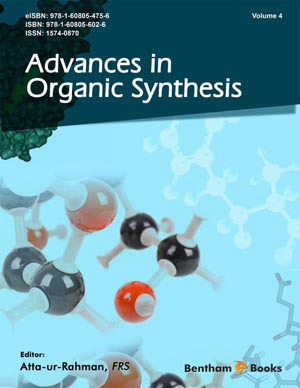Abstract
Inflammation, a common part of several pathological conditions, is involved in the development of a growing number of human diseases. Numerous investigations have been conducted in the past several years which have resulted in the introduction of anti-inflammatory drugs such as corticosteroids, and non-steroidal anti-inflammatory drugs (NSAIDs) as the old anti-inflammatory agents, as well as newly developed drugs like monoclonal antibodies, which specifically target different mediators of inflammatory pathways. Yet, the clinical results obtained by these agents are not conclusive enough, motivating researchers to seek for better options with higher efficacy, and lower adverse effects. Turmeric (Curcuma longa L.) and its major ingredients, curcuminoids, are the well-known natural products used for the management of several inflammatory conditions including inflammatory bowel diseases, irritable bowel syndrome, osteoarthritis, rheumatoid arthritis, renal diseases, oral lichen planus, gingivitis and periodontitis, radiation-induced oral mucositis and dermatitis, psoriasis, and respiratory problems. Main inflammatory markers in chronic inflammation include C-reactive protein, tumor necrosis factor-α, and different interleukins which are assessed in the clinical trials. Turmeric and curcumin have demonstrated significant effect in some clinical trials; however, small sample size and short follow-up periods makes future clinical studies necessary for further clarification about the effective dosage of these agents. In this chapter, current clinical studies assessing the effect of turmeric and/ or curcumin in different inflammatory diseases are reviewed, and commented.
Keywords: Anti-Inflammatory, Curcumin, Herbal Medicine, Inflammation, Medicinal Plants, Turmeric.






















